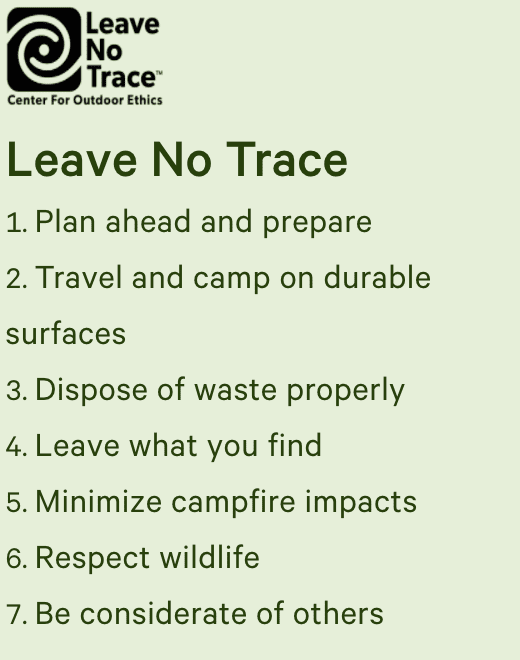Cabins with fishing in Sutherland
In Scotland’s far northwest, explore the mountains, coast and vast interior of one of Europe’s last true wildernesses.
- Sutherland
Popular camping styles for Sutherland


Cabins with fishing in Sutherland guide
Overview
Sutherland’s rugged coastline and brooding moors and bogland feel a world away from the buzz of Scotland’s cities and tourist towns in the south. Still, the famed North Coast 500 route passes through much of the area, and in the peak months of May through early October road-trippers can battle clogged stretches of single-track road. The best advice? Detour off the tourist route and create your own camping adventure. Apart from Sutherland’s east coast, public transport is mostly non-existent. The area was one of the worst affected by the Highland Clearances of the 19th century and the ruins of villages forgotten are scattered across the landscape. Nature abounds and care must be taken to tread lightly as you experience this gem of Britain.
Where to go
East Coast
The most populous part of Sutherland is its east coast. A string of small villages—Dornoch, Golspie, Brora and Helmsdale—run north from the border with Ross-Shire. As the land becomes more rural, you may already feel at the edge of Scotland, but you’re still not more than an hour from Inverness and trains from the city run parallel with the winding coastal road. Visit Dunrobin Castle, enjoy wooded walks and seaside strolls and grab a coffee at a local bakery before heading further north and leaving village amenities behind.
Flow Country
In the centre of Sutherland and neighbouring Caithness is 400,000 hectares of blanket bog known as Flow Country. This seemingly barren landscape is actually a delicate and vital peatland over 8,000 years old that captures three times more carbon than all of Britain’s forests. At its heart sits the Forsinard Flows National Nature Reserve, accessible by its own train station on the North Highland Line and well worth a visit for nature-lovers.
Assynt
North of the port town of Ullapool on your drive toward Durness lies the stark and lonely area of Assynt. The mountains are lone sentinels, erupting from an alien landscape. With each bend of the single-track road the views become more dramatic. Assynt is a hillwalkers' and climbers’ paradise. The short but steep Stac Pollaidh offers wonderful views north across the region. Especially hard to miss is the bulbous head of Suilven. On the coast, Achmelvich is one of the UK’s best white-sand beaches with plenty of nearby camping options.
Northwest Coast
Pointing the way across the North Atlantic toward the Faroe Islands, Cape Wrath is the nearly impenetrable northwestern corner of Scotland. Much of the area is owned by the Ministry of Defence with few access points for travellers, but a four-mile walk into Sandwood Bay—one of the most isolated and enviable beaches in the UK—is a must. In Durness, visit Smoo Cave and Balnakeil Beach, then drive the twists and turns of the North Coast along Loch Eriboll, Kyle of Tongue and the many bays leading to idyllic Melvich Beach.













